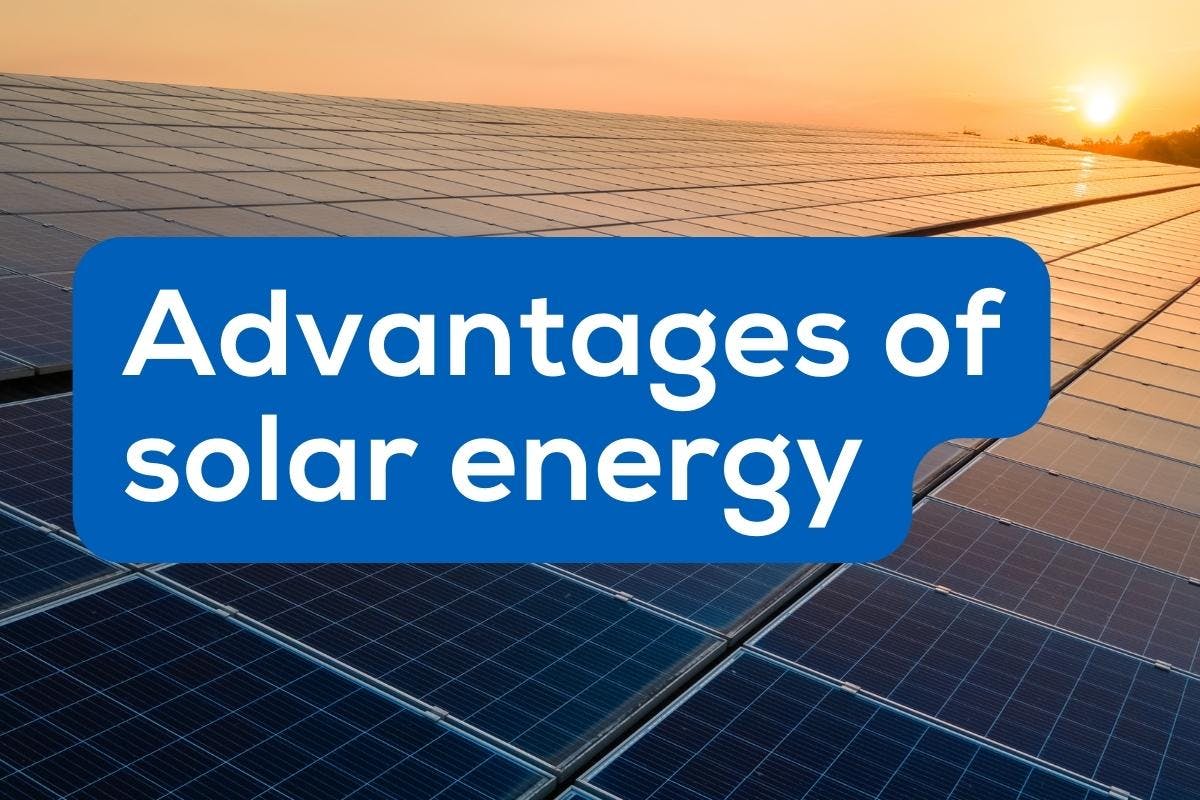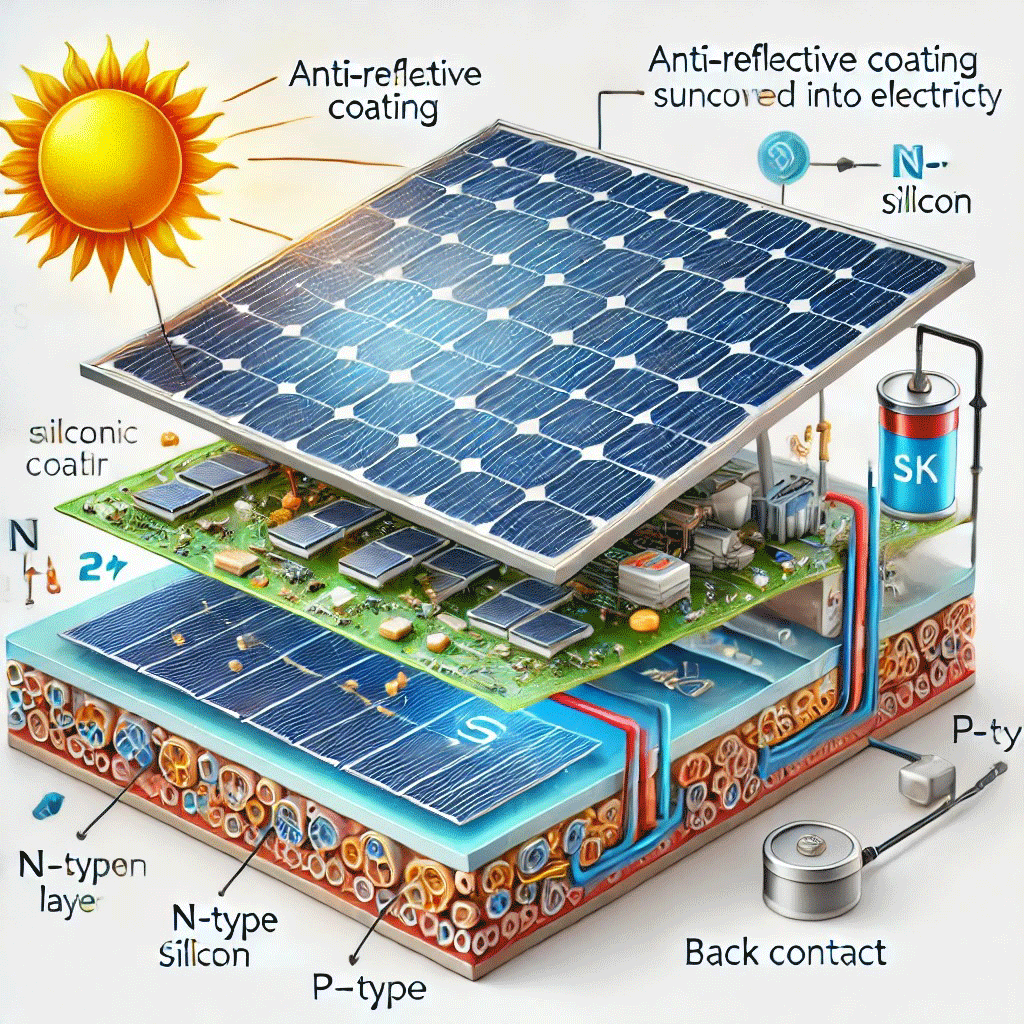How Simply Solar Illinois Helps Illinois Homeowners Switch to Solar Power
How Simply Solar Illinois Helps Illinois Homeowners Switch to Solar Power
Blog Article
Exactly How Solar Energy Can Assist You Save Cash and Lower Your Carbon Footprint
The integration of solar power right into your power profile provides an engaging possibility for both monetary savings and ecological stewardship. As various government rewards end up being readily available, the question emerges: exactly how can one successfully navigate the initial financial investments and recurring advantages of solar modern technology to optimize both economic and ecological gains?
Recognizing Solar Power Cost Savings
While the shift to solar power frequently includes an initial financial investment, recognizing solar energy savings is vital for homeowners and services alike. Solar power systems can significantly lower electrical power expenses by utilizing the sunlight's energy, equating right into substantial long-term financial benefits. By creating their own electrical energy, customers decrease dependence on grid power, which goes through fluctuating prices. These cost savings can accumulate gradually, commonly causing a quick roi.
Furthermore, solar power systems may certify for various financial incentives, including tax credit ratings and refunds, better improving their cost-effectiveness. The schedule of web metering permits individuals to offer excess power back to the grid, creating an additional earnings stream. These aspects add to the overall cost savings related to solar power.

Along with guide monetary cost savings, solar power uses the added advantage of enhancing residential property worth. Houses equipped with solar panels are commonly a lot more eye-catching to buyers, as they assure reduced energy expenses - Simply Solar Illinois. Recognizing these elements is vital for anyone considering solar power, as it highlights not simply the potential monetary gains, however also the more comprehensive ecological and financial benefits of adopting sustainable energy remedies
Initial Prices vs. Long-Term Advantages
When evaluating solar power, it is necessary to evaluate the initial prices versus the long-lasting advantages. The ahead of time financial investment for photovoltaic panels, installation, and related equipment can be significant, frequently ranging from $15,000 to $30,000, depending upon the system size and home power requirements. This preliminary expenditure might prevent some house owners; nonetheless, it is vital to think about the potential cost savings gradually.
As soon as installed, solar power systems can dramatically decrease and even remove month-to-month electricity costs, causing considerable lasting monetary benefits. Studies suggest that home owners can conserve anywhere from $10,000 to $30,000 over the life expectancy of their solar system, commonly 25 years. Furthermore, lots of states provide motivations, tax obligation credits, and rebates that can offset initial prices, making solar much more available.

Decreasing Your Carbon Footprint
Lowering your carbon impact is an essential factor to consider here in today's eco conscious culture, and embracing solar energy is one of one of the most effective strategies to attain this objective. Solar power is a clean, renewable resource that dramatically diminishes reliance on nonrenewable fuel sources, which are significant contributors to greenhouse gas discharges.

Moreover, the widespread adoption of solar technology urges the advancement of green jobs and sustains innovations in power storage and efficiency. The even more people and companies spend in solar power, the higher the cumulative decrease in carbon emissions, cultivating a cleaner atmosphere for future generations.
Government Incentives and Rebates
Taking on solar power not only profits the environment yet can also result in considerable monetary cost savings, specifically with the schedule of government incentives and refunds. Numerous federal, state, and neighborhood programs are developed to motivate house owners and companies to buy solar energy systems, making the change extra affordable.
Among the most famous incentives is the Federal Financial Investment Tax Obligation Debt (ITC), which allows planetary system owners to subtract a considerable portion of the setup prices from their federal tax obligations. This reward has actually been pivotal in reducing the upfront expenditures connected with solar power systems. Additionally, numerous states offer their own tax debts, gives, and discounts that can better boost financial savings.
In addition, some city governments supply real estate tax exceptions for solar installations, making sure that property owners do not encounter enhanced residential or commercial property taxes as an outcome of their renewable resource financial investments. Energy business might likewise offer motivations, including net metering and feed-in tolls, which enable solar energy users to offer excess power back to the grid.
Choosing the Right Planetary System
Choosing the proper planetary system is essential for making the most of power efficiency and economic advantages. The decision this content hinges on a number of aspects, consisting of energy requirements, spending plan, and offered area. Home owners must start by assessing their electrical energy usage to determine the system size required for optimal efficiency.
Next, think about the various kinds of solar modern technologies offered. Simply Solar Illinois. Photovoltaic Or Pv (PV) panels are one of the most common, transforming sunlight directly into electrical energy, while solar thermal systems focus on home heating water. Each kind has unique benefits depending upon private needs
Spending plan factors to consider are additionally extremely important. Initial installation expenses can differ significantly, so it is very important to compare quotes from multiple service providers and check out financing choices. Federal government motivations and rebates can better minimize the monetary problem, making planetary systems much more available.
Conclusion
In summary, solar energy presents a practical option for achieving significant expense financial savings while at the same time reducing carbon exhausts. The first investment, though substantial, returns significant lasting monetary advantages, with potential financial savings ranging from $10,000 to $30,000 over 25 years. Furthermore, the ecological advantages of solar power add to lasting techniques vital for combating climate modification. Federal government incentives enhance the feasibility of solar technology fostering, motivating a change in the direction of a cleaner, more financially effective power resource.
Report this page